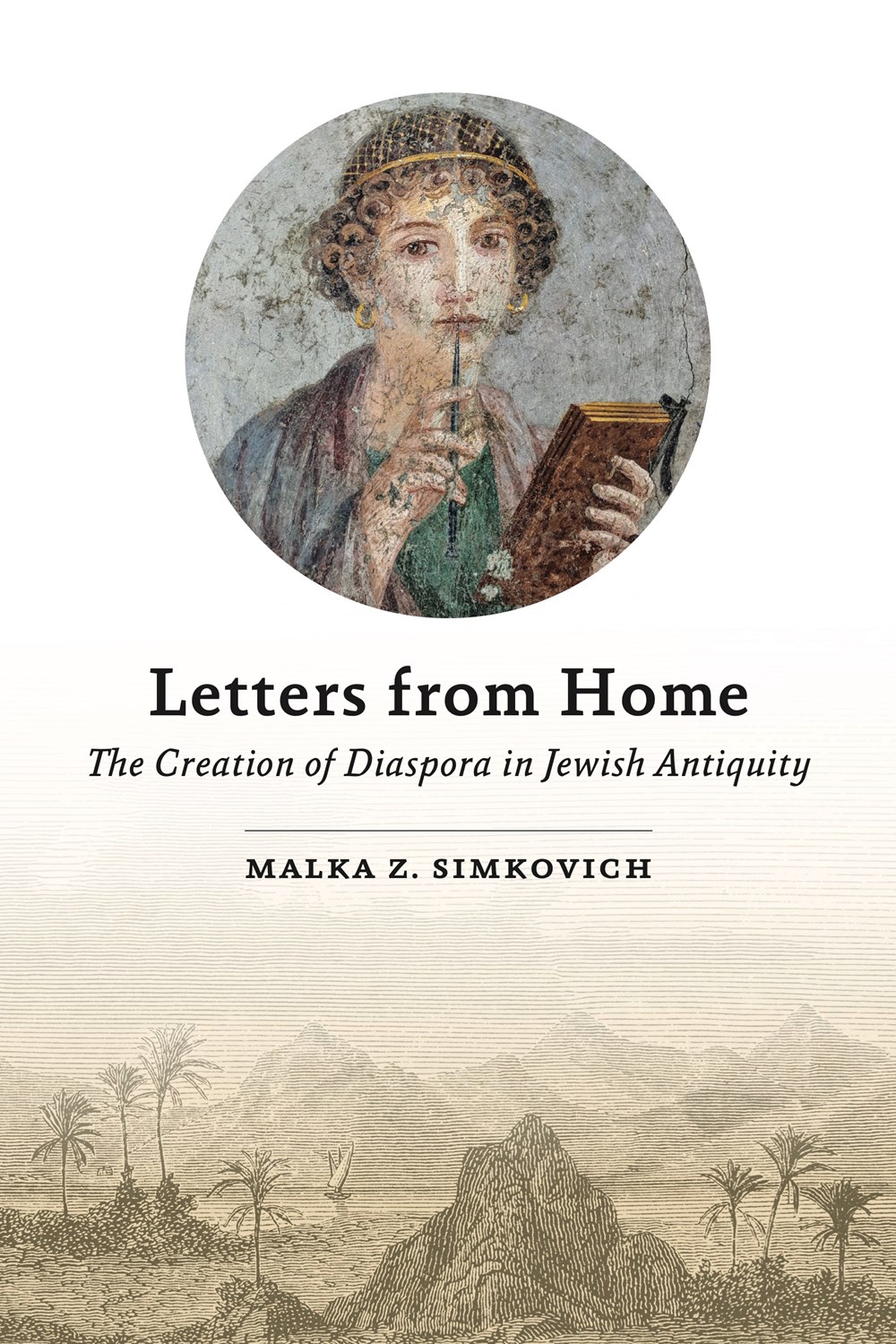2018 School Spending Survey Report
Letters from Home: The Creation of Diaspora in Jewish Antiquity
COPY ISBN
VERDICT This book parses letters and documents such as the Greek translation of Esther, 3 Maccabees, and Baruch and interacts with the current scholarly conversation on these ancient texts. A useful study for students of ancient Judaism.
RELATED
ALREADY A SUBSCRIBER? LOG IN
We are currently offering this content for free. Sign up now to activate your personal profile, where you can save articles for future viewing




Comment Policy:
Comment should not be empty !!!